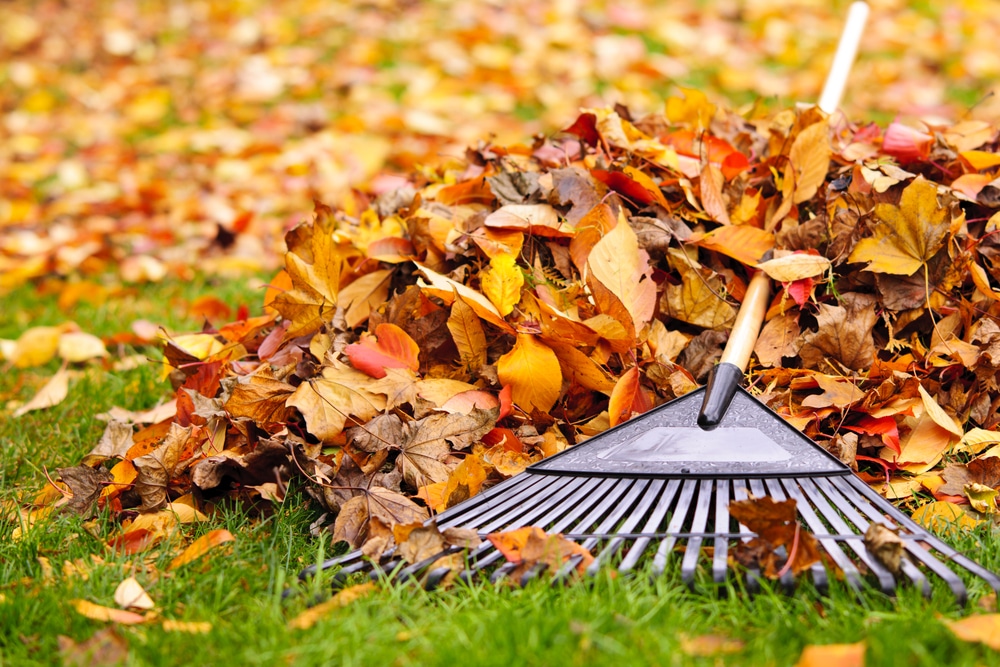Given that some leaves, such as those from red maple trees, look quite lovely on the grass, you might question why it’s necessary to use the rake and remove them. After all, it’s a lot of effort. Raking the leaves may not be required in certain situations, and leaving them may even be preferable for the environment. Raking your lawns’ leaves, on the other hand, is sometimes vital for their health.
Benefits of Raking Leaves
Raking leaves has numerous advantages, both for you and your yard. The primary benefit of raking leaves is that it will contribute to the growth of your grass. A thick pile of fallen leaves can block sunlight from reaching grass, preventing the growth of some varieties of cool-season grasses, such as Kentucky bluegrass which are recharged in autumn. Cool-season lawn grasses usually grow best in moderately cool fall weather when they need “produce food” to fortify their root systems.
When to Rake
There is an optimal time to rake leaves in autumn, and it’s before the first frost or snow of late autumn or early winter. Make sure to wait until the leaves are dry so they aren’t as difficult to rake up. Some people like to do this periodically as the leaves fall while others prefer waiting until all the leaves have hit the ground. It’s entirely up to you when you want to schedule your leaf-raking, but just make sure that dried leaves are easier to work with.
What to Do With the Leaves
There are two options for converting your leaves into mulch in your yard: composting them or using them as a leafy fertilizer. Composting is the first option. Try cutting up the bigger leaves with a shovel or rake to speed up their decomposition when adding raked leaves to your compost pile.
The second approach to make mulch is by using dry raked leaves, also known as leaf litter. This technique also necessitates the use of a knife to chop up the dried foliage. The more finely you shred or chop your leaves, the faster they will decompose without mat testing and creating mold.
Reasons Not to Rake
You might be surprised to hear that being lazy and not raking your leaves could actually be good for the environment. When leaves break down and decompose where they fall, they return essential nutrients back to the grass and soil. Additionally, the leaf coverage provides protection against erosion and weed growth.
Alternatives to Raking Leaves
Raking leaves can be a fantastic form of exercise, but it’s also tiring. Use a leaf blower to save your back if you’re raking leaves. If you’ve got a thick layer of leaves, you’ll need a strong leaf blower with vacuuming capabilities so that you may remove the foliage and dander to the compost bin. Leaf blowers with vacuum options are available in various models for removing the leaf dander before it reaches the compost pile.
At Legarden Designs, we can help you with all of you gardening and landscaping needs! We also provide seasonal reviews and yearly walkthroughs. Contact us today to learn more about what we offer!

